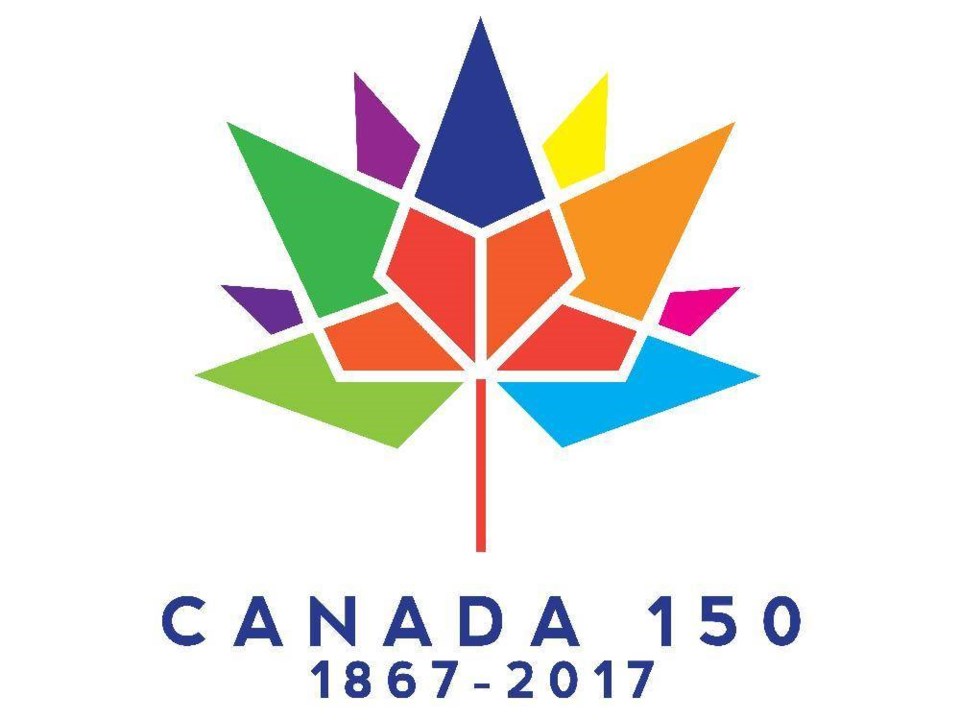The huge party being planned to celebrate Canada’s 150th birthday is a waste of funds that could be better used to right historic wrongs in this country, historian Jim Daschuk told the Weyburn Rotary Club at their luncheon on Thursday.
With a talk entitled, “Are we really ready for reconciliation?”, Daschuk addressed the history of the mistreatment of aboriginal peoples, particularly in Western Canada, putting into perspective the current plight facing First Nations people contrasted with the $500 million that will be spent on Canada 150 this year by the federal government.
He noted first of all that the plans are extensive, including fireworks in major centres all across Canada, new coins and a huge party planned for Ottawa on July 1, Canada Day, and a new logo that was based on the logo used for Canada’s centennial in 1967.
“Occasions like this usually reflect who we are and how we see ourselves from the past,” said Daschuk, noting that most residents in Saskatchewan are the descendants of immigrants who came to settle the land, encouraged by the federal government with advertisements proclaiming the West was open and ready for settlement.
Saskatchewan was in a huge boom during that settlement of the West, with a population by 1921 that wasn’t matched again until 2013, as this was the third-most populous province in Canada after Ontario and Quebec.
Prior to that, in the 1870s, Canada needed to complete their treaties with the First Nations peoples, including Treaty 4 in the southern half of the province, and Treaty 6 north of the North Saskatchewan River. At the treaty negotiations at Fort Carlton with the Plains Cree, Chief Beardy told the government representatives that they didn’t want to die like dogs, which would happen if the bison disappeared. The bison were nearly all killed off within a few years, which caused massive starvation of many First Nations people. The magnitude of the bison slaughter was such that when the railway arrived in Regina in 1882, the rail cars (which was bringing settlers out west) went back east filled up with the bones of the bison.
The starvation of the aboriginal people was caused in part by the “National Policy” of then-Prime Minister, Sir John A. McDonald, who was also the Minister of Indian Affairs. The National Policy was pushing through the completion of the railway across Canada, but at the same time, there was mass starvation going on, and the government directed the Mounties and Indian agents to only provide food for those First Nations who signed on to the treaties.
Daschuk had reports from the Saskatchewan Herald at the time about the starving aboriginals, even to the point there were many classified ads for horses and other animals being found near where their owners, First Nations people, had died of starvation.
From historical records, he said for First Nations people who were allowed to get rations, those rations were very strictly measured at eight ounces of flour per person per day, and four ounces of meat per person per day.
A side-note was, with the slaughter of the bison, cattle were moved up from the United States in huge numbers to graze on the land here, and one of the deadly diseases they carried was tuberculosis. The result was that First Nations went from being healthy self-sustaining people to being sick and starved within a few short years, relegated to reserves with restrictions that didn’t allow them to leave those reserves, if they were treaty First Nations.
Looking over this record of how the West became settled, Daschuk said the government is literally blowing their money into smoke with fireworks, rather than taking that $500 million and rectifying some of the wrongs done to the First Nations people. In reference to the Truth and Reconciliation effort between the federal government and First Nations in Canada, he quoted an aid agency representative, Jennifer Henry, in saying, “There’s no way to reconcile the past without justice in the present.”



